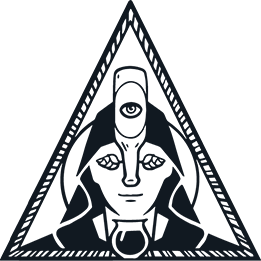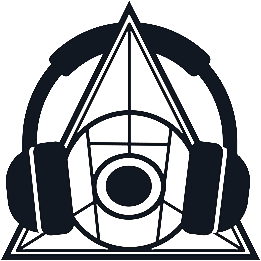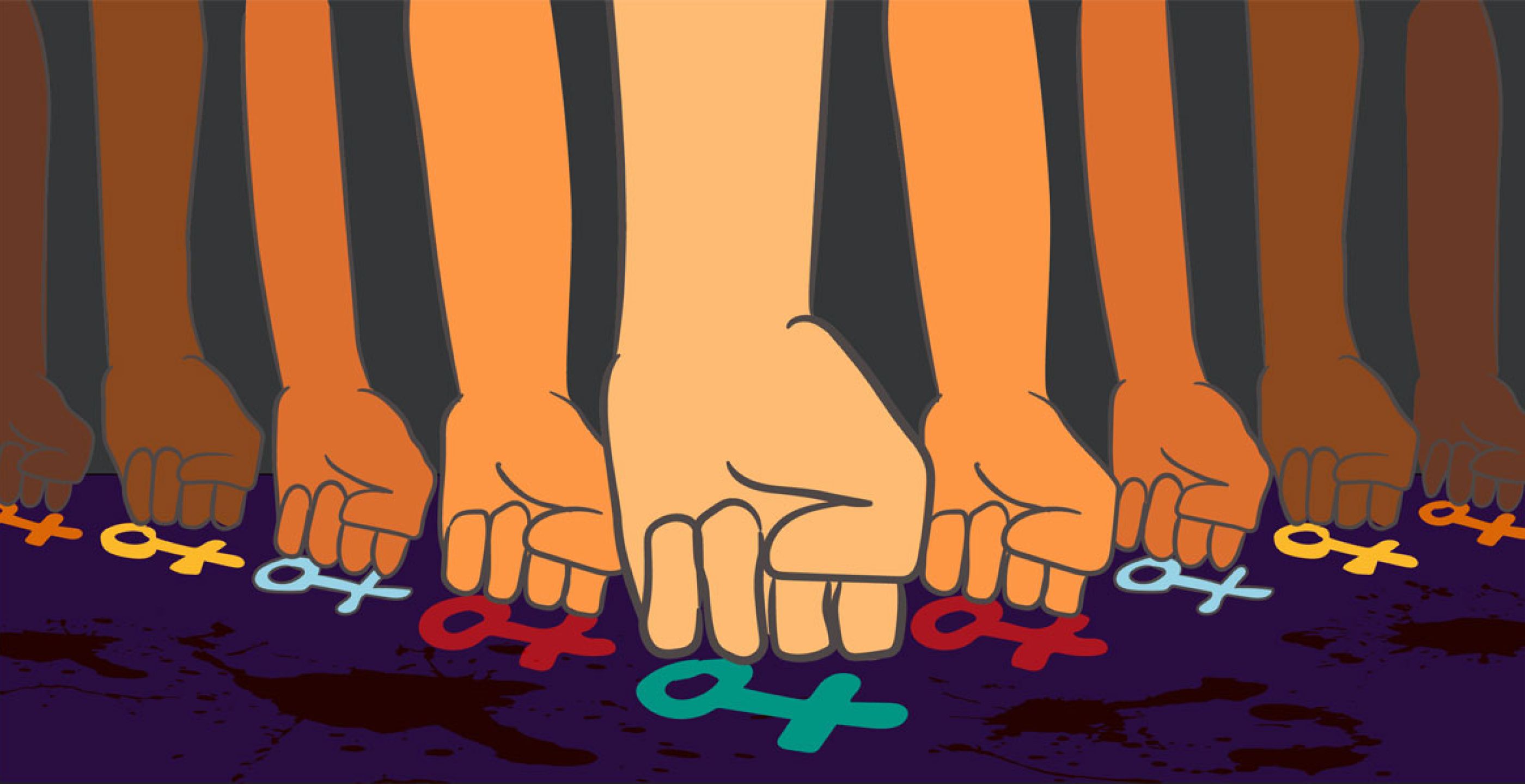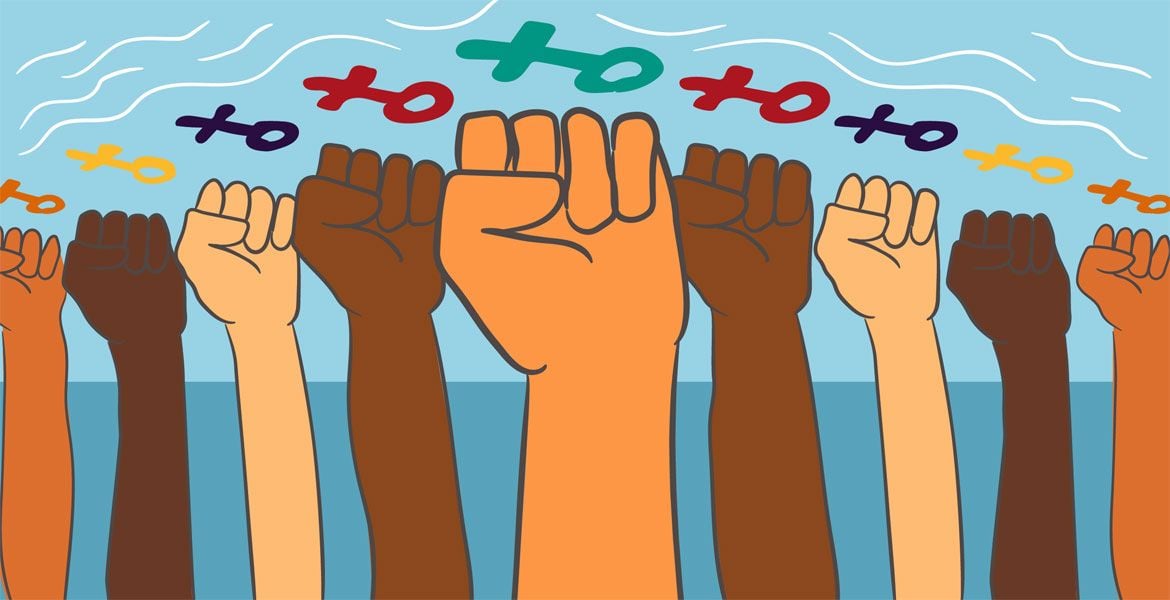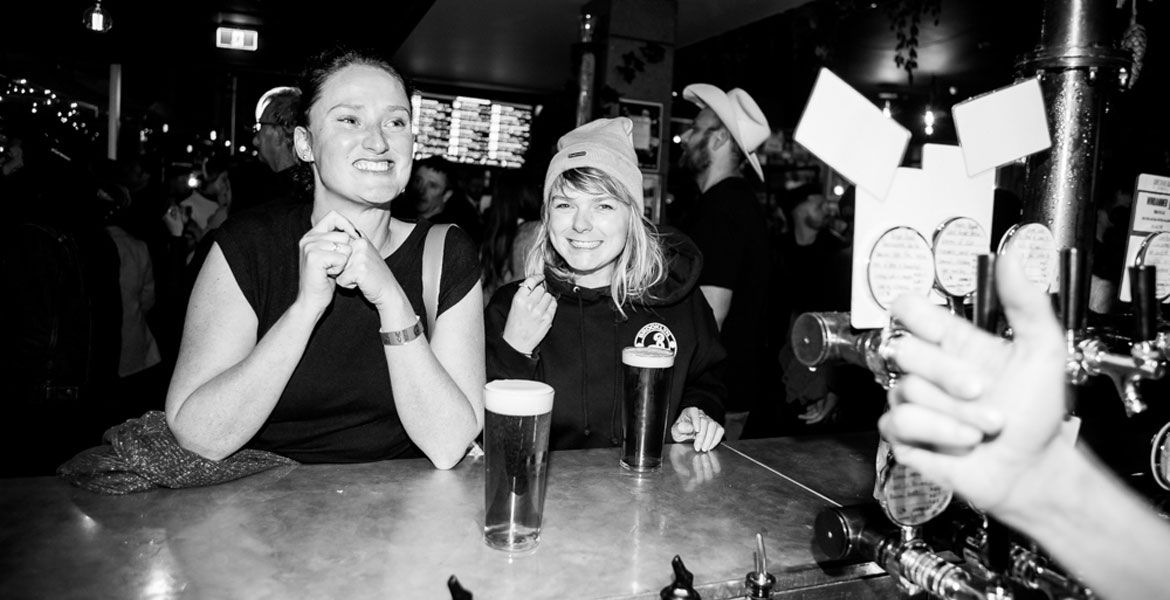Content Warning: this article contains discussion of sexual assault
A few years ago, I sat alone in a craft beer bar heavily intoxicated, and barely able to stand. A well known brewer took me to another bar and plied me with more alcohol. Finally, he took me to his hotel room and raped me.
Not long after, I stumbled into the street as dawn broke, made my way home, and never told a soul.
I should have been safe. I should have been put in a taxi and finished my night in my own bed with a throbbing headache, but instead I ended up a statistic.
As Australia grapples with cases of sexual assault and rape in its highest halls of power, and the American beer industry continues to reel from the outpouring of stories sparked by Brienne Allan's call out regarding sexism on her Instagram account, the craft beer industry must also examine how safe women are moving through beer events, venues and private gatherings.
The beer industry is categorised by easy access to often highly alcoholic beverages, a male-dominated workforce and associated community, and an enduring belief that "beer people are good people". These factors together can lead to environments where women just getting their start in the industry or just beginning their craft beer journey may feel a need to keep up with the alcohol intake of the men around them, and to chat with any stranger at an event who chooses to approach, in the spirit of craft beer’s friendly camaraderie.
It took me years to realise what had happened was in fact rape, because I blamed myself for my alcohol intake, for not walking away, for going along with it. I was just "drinking with the guys", I told myself. But I was barely conscious, and even now only flashes of that evening have stayed with me.
I have no intention of pressing charges, because it’s in the past for me. But also, only one in ten cases of sexual assault reported in Australia end in a conviction. Even more are withdrawn before they make it to trial.
Unfortunately, the nature of this industry means I have had to instead watch silently as his success and reputation grew. I would be reminded on a Friday night as I tried to pick a beer at the bottleshop and his stared back at me. I’d be blindsided by a post praising his latest release in an online beer group. Beer events I might otherwise have bought a ticket for became an immediate no, to avoid being anywhere near him.
And the women of the beer community know these feelings all too well: which men to avoid, which men make comments when they think you can’t hear them, which men wield their influence like a hammer to be brought down on whomever they choose.
The whisper network of women in the beer community does its work quietly, sharing these insights as the best line of defence in a series of male dominated rooms and events.
So, what can be done?
To any woman just entering the community, find your idols in women. Look up to and learn from the incredible women doing the work every day, even if they aren’t getting the same plaudits as they walk into a room. They will lift you up and show you the best part of this community, and will have walked these paths enough times before to know the challenges you might face.
But to the men, a challenge.
Do not stand silently when sexist or racist comments happen around you, whether at a beer event or anywhere else. Use your voice to shut down harassment against any minority group, not because you’re a father, brother, or son, but because you’re a human, and so are they.
Make it clear in your actions, words, and in your work, that the beer community you are a part of is a safe and welcoming environment for anyone who chooses to join it. If you own a bar, run an event or a festival, or run a brewery, make sure you have zero tolerance harassment policies in place, developed in partnership with the women and non-binary people in your team. Speak out loudly against harassment before it happens in your place of work, so women and minorities know they will be heard and respected.
Finally, and most importantly, believe women.
This article was written prior to recent events in the US craft beer industry and has been lightly edited to reflect this. You can read an accompanying article here.
Support for victims of sexual assault
The Victorian Centres Against Sexual Assault (CASA) are non-profit, government funded organisations that provide support and intervention to women, children and men who are victim/survivors of sexual assault. Their staff point out that sexual assault happens everywhere, in every industry, class and culture, is about power and control, and is also a gendered issue which disproportionately impacts women and children. They offered The Crafty Pint some advice for victims:
Sexual Assault:
It is important to remember if you have been sexually assaulted that you have not done anything to cause this. Nobody chooses or deserves to be raped or sexually assaulted. The responsibility for the assault lies completely with the offender. They have made the decision to abuse and are solely responsible for what they do. What a victim/survivor wore, how much they drank, if they consented to do some sexual things in the past is completely irrelevant.
Everyone has the right to change their mind and withdraw consent at any time. And if you're extremely intoxicated you cannot provide consent.
Impacts:
Every person who experiences sexual assault will react in a different way, which will vary according to your background and past experiences. There is no right or wrong way to feel and no set time for when you should be feeling better. To survive and cope with your situation you will draw on your own unique strengths and skills. It is important to take some time for yourself, to be cared for and not to expect too much of yourself whilst recovering from the assault.
Options:
Reporting sexual assault is the choice of the adult victim/survivor. Processes will vary from state to state. The most important thing is safety: physically safe, emotionally safe then looking at options.
Resources:
- If you or someone you know is impacted by sexual assault, family or domestic violence, call 1800 RESPECT (188 737 732), the national sexual assault, domestic family violence counselling service.
You can visit the RESPECT website here. The organisation recommends using the website in private browsing mode. - You can also call the Sexual Assault Crisis Line on 1800 806 292.
- A list of state- and territory-based support organisations can be found on the Australian Human Rights Commission website here.
- Any men reading this article who would like support or more information can call the No To Violence Men's Referral Service on 1300 766 491.
- There are also valuable resources available via The Men's Project from Jesuit Social Services.
Sexual Assault In Australia – Some Facts
From the Australian Institute of Health and Welfare’s Family, domestic and sexual violence in Australia, 2018
- One in five (1.7 million) women and 1 in 20 (428,000) men have been sexually assaulted and / or threatened since age 15.
- In 2016, on average, police recorded 52 sexual assaults each day against women and about 11 against men.
- One in six Australian women and one in 16 men have been subjected, since the age of 15, to physical and/or sexual violence by a current or previous cohabiting partner.
- The Australian Bureau of Statistics 2016 Personal Safety Survey estimated that 2.2 million adults have been victims of physical and/or sexual violence from a partner since the age of 15, one in two women and one in four men have been sexually harassed, and one in six women and one in 16 men have experienced stalking. In 2017, police recorded 25,000 victims of sexual assault.
From the Australian Human Rights Society’s Fourth national survey on sexual harassment in Australian workplaces, 2018
- one in three people experienced sexual harassment at work in the past five years.
- almost two in five women (39%) and just over one in four men (26%) have experienced sexual harassment in the workplace in the past five years.
- Aboriginal and Torres Strait Islander people were more likely to have experienced workplace sexual harassment than people who are non-Indigenous (53% and 32% respectively).
- fewer than one in five people (18%) who said they experienced workplace sexual harassment in the past five years sought support or advice in relation to the most recent incident. When victims do seek support, it is often from friends and family, and not necessarily specialist professional services.
An accompanying article examines what needs to change on an individual, societal, workplace and industry level in the company of people both inside and outside the beer and hospitality communities. Illustrations in both articles by Jessie Jungalwalla of Craft Instinct.
PLEASE NOTE: Any offensive or abusive comments, or naming of alleged perpetrators or victims of sexual assault, on this website, or any of The Crafty Pint's social media accounts, will not be tolerated. If any instances arise, they will be removed and, where appropriate, reported.
A new group, Beer Agents For Change, is hosting a drop-in Zoom at 7pm AEST on May 26 as a "debrief space" for any women who want to chat about the issues raised and the current climate in the beer industry. You can join them via this link. Meeting ID: 952 1249 1922 – Passcode: 927299

